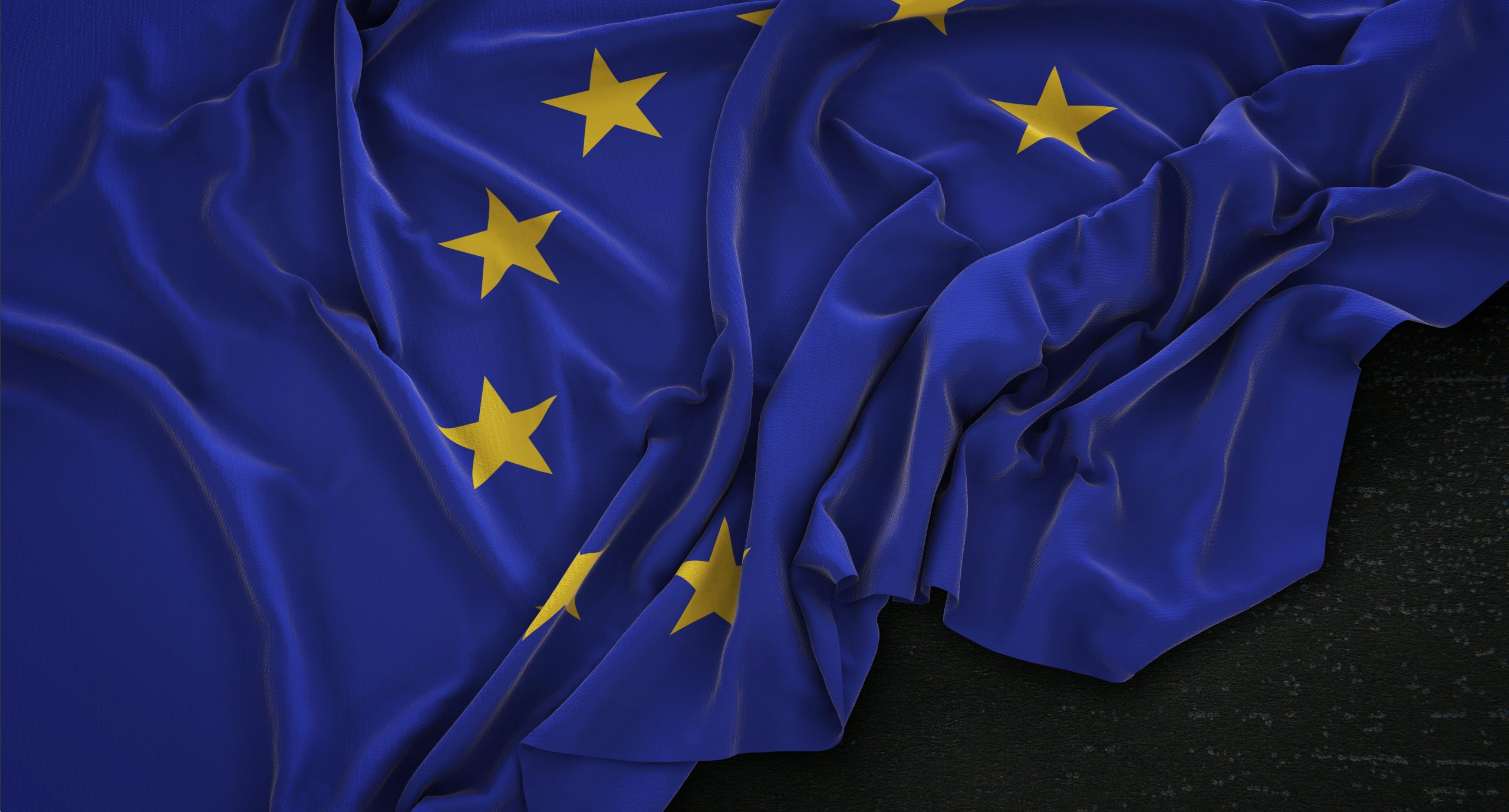Clearer rule of law standards are needed to prevent strategic use of corruption in both enlargement countries and the current EU.
The latest European Union enlargement package, issued by the European Commission on 8 November, is a delicate balance between geopolitics and merit. Countries threatened by Russian aggression, including Ukraine and Moldova – for which the Commission has recommended the start of accession negotiations – need reassurance of their inclusion in Europe. But the EU cannot let them bypass the deep reforms that will be necessary to prepare for membership.
Rule of law will be central to managing this balance. For Ukraine and Moldova, the Commission said negotiations should start only once further reforms to improve the rule of law and good governance are completed. The offer of negotiations is hugely motivating for Kyiv and Chisinau in tackling these difficult issues with a vigour that previous governments lacked. In Ukraine, martial law has suspended some transparency controls on corruption and placed limits on media freedom; however, it also offers an opportunity to implement the anti-oligarch law rigorously and to root out corruption in previously unreformed parts of the state administration.
There are three main reasons for the EU’s focus on the rule of law. First, the Union does not want to import problems that undermine its legal order. The Commission’s progress reports set out the problems of corruption and growing executive power over state institutions in many candidate countries. The Western Balkan countries have been demotivated by the EU’s lacklustre approach over more than a decade to their European path. That has discouraged reforms, while encouraging some leaders to try more authoritarian tactics to consolidate power and to favour Russian interests. The Commission is now trying to empower reformers by recommending that Bosnia and Herzegovina starts negotiations once the country has made more progress on judicial, constitutional and electoral reforms to ensure equal rights for citizens across the three entities, and to push back against secessionist and authoritarian measures introduced in Republika Srpska.
Second, geopolitics affects the rule of law. One of Russia’s methods of hybrid warfare is strategic use of corruption to buy political allies and undermine the functioning of state institutions within democracies. If the accession process makes the rule of law more resilient and reinforces the independence of the judiciary and key state institutions, incoming countries will be less vulnerable to nefarious external influences.
Third, the EU is learning from past mistakes. During preparations for the 2004 ‘big bang’ enlargement, the EU assumed that progress in governance was linear and one-way. Once a country was declared ready to join, the assumption was that it would remain a well-functioning democracy with institutional checks and balances and an independent judicial system that could properly apply EU law.
However, the EU’s leverage on reforms rapidly fades after membership. Since the 2004 enlargement, the EU has proved unable to respond effectively to attacks by ruling parties in some of its members on judicial independence, media freedom and the checks and balances between state institutions. It has developed only slowly a rule-of-law toolbox, including annual reports and, since 2021, conditions on some EU funds. So far, these have failed to restore the rule of law in the worst-performing members.
That is why enlargement policy is now driving the creation of a substantive and more detailed set of rule-of-law requirements than was set out in the EU’s treaties. This refining of the accession process to ensure that new members properly apply EU law and sustain democratic governance matters for the current members too.
Over the longer term, the standards that the accession conditions set for candidates on governance and the rule of law may well be retrofitted to the existing members. The EU will need to create new post-accession compliance measures on the rule of law that go far beyond the Cooperation and Verification Mechanism created for the 2007 enlargement, in order to protect the single market and ensure the functioning of the Union as a community of law. It would make no sense for these safeguards to apply only to new members and not current ones because that could enable corruption that would weaken the Union as an economic power.
Amid geopolitics based on rivalry between systems, the EU must make its governance system as resilient as possible, especially to external influences that want to weaken it, and show that it delivers better for citizens than authoritarian systems can. The EU therefore needs to hold aspiring members to the highest standards, but also to create more effective methods of enforcing those standards across the Union as a whole.
About the author
Heather Grabbe is a senior fellow at Bruegel, as well as visiting professor at University College London and KU Leuven. The focus of her research is the political economy of the European Green Deal and how the climate transition will change the EU’s international relationships and external policies.

